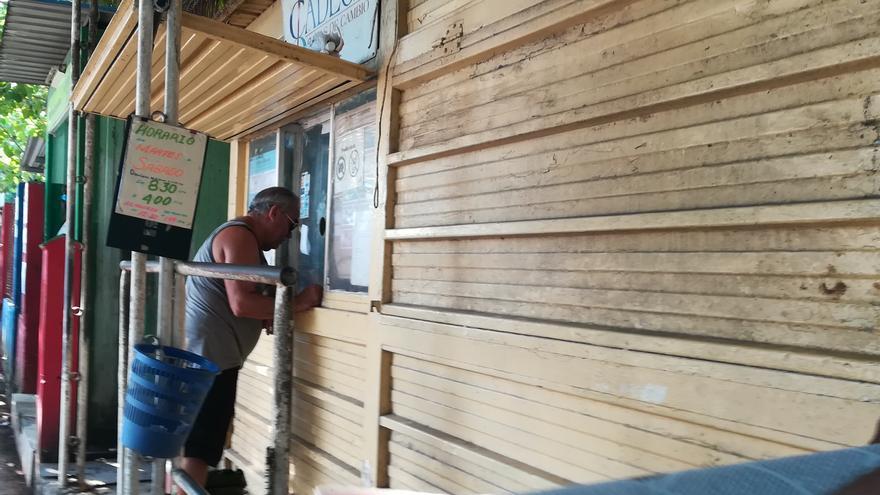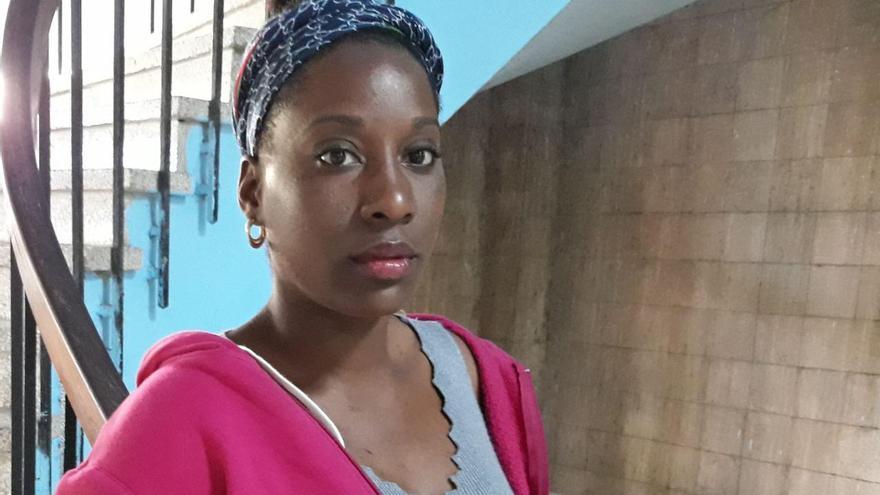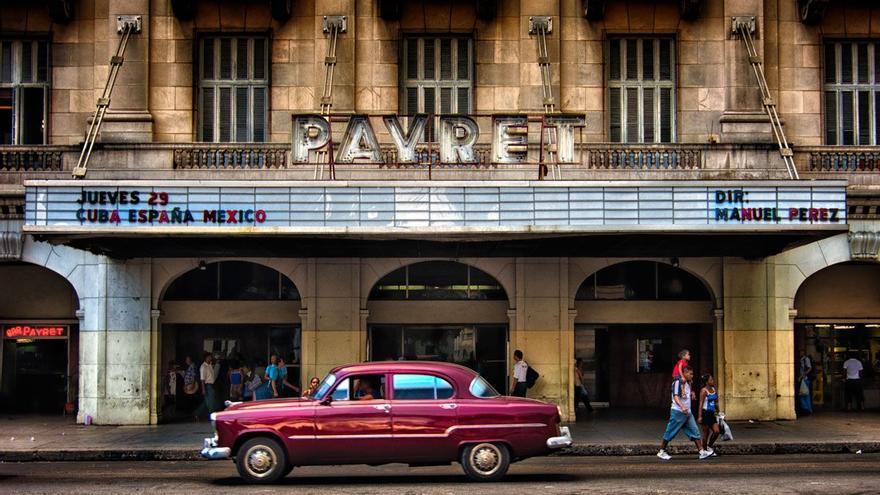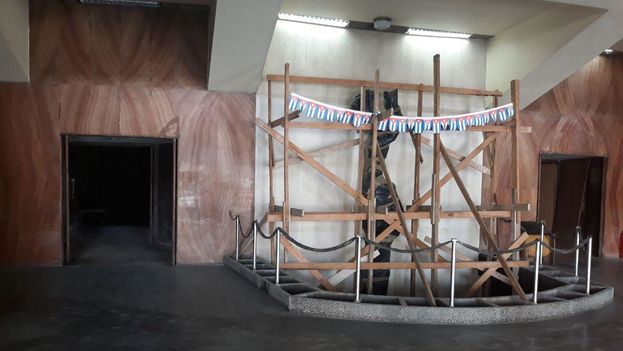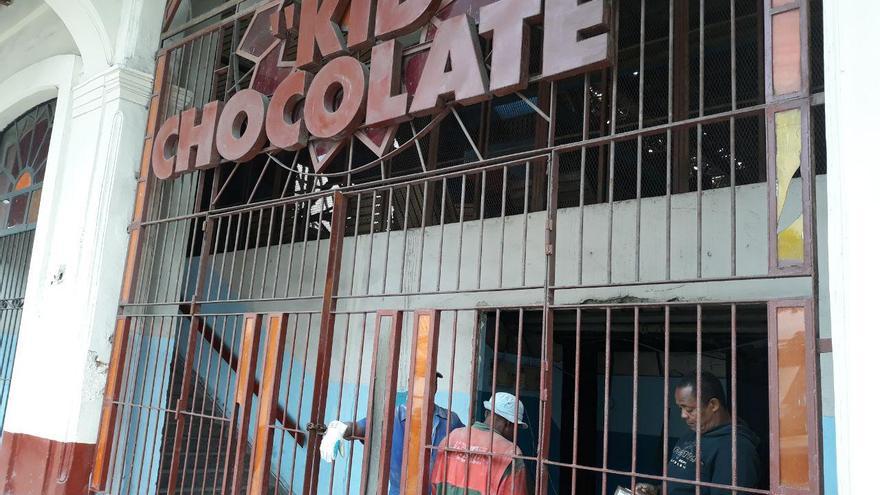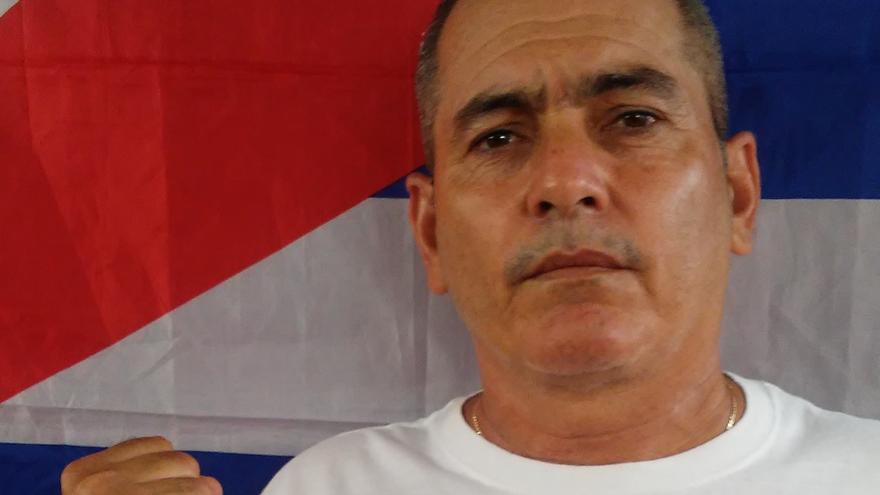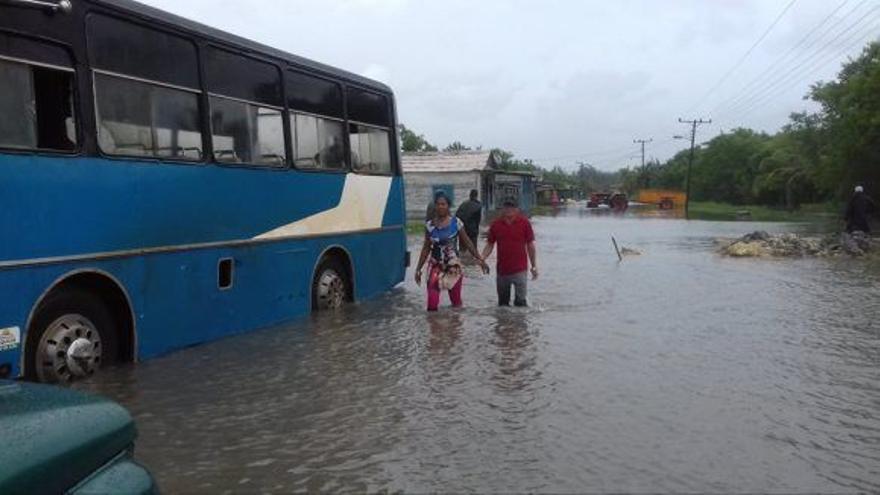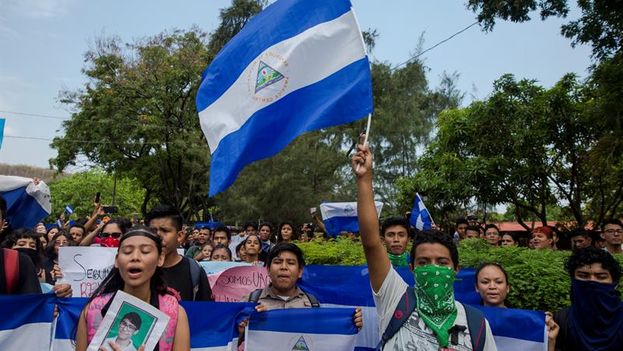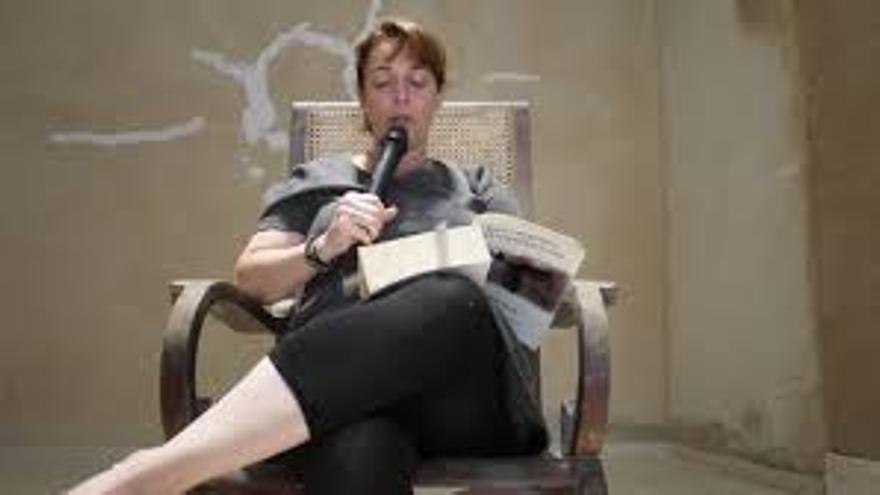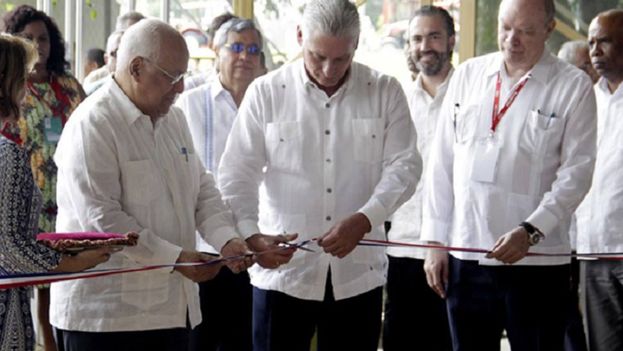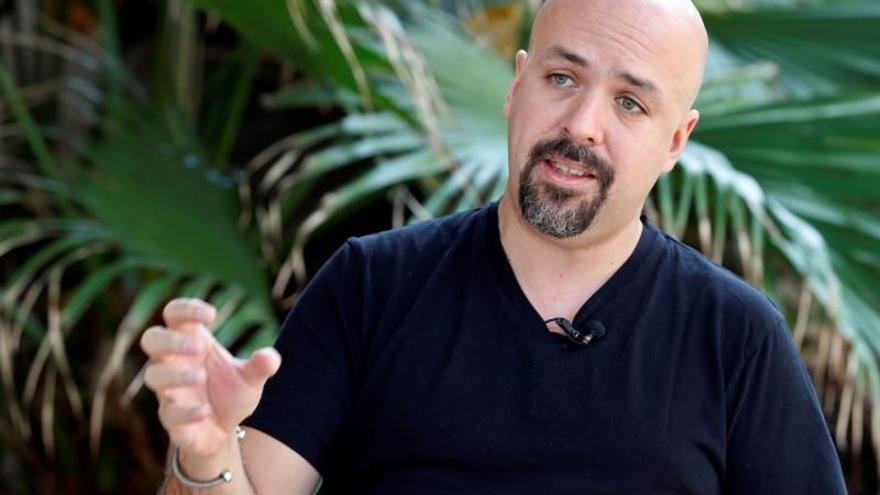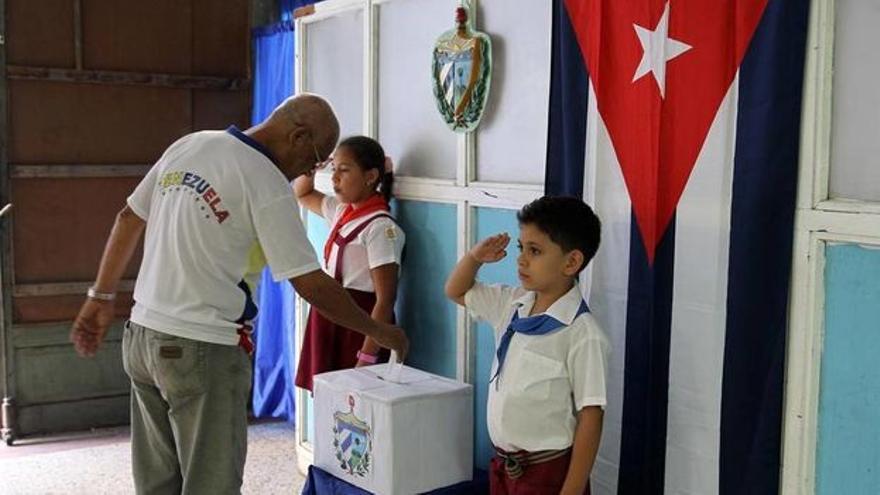
![]() 14ymedio, Havana, 22 December 2018 — Several opposition parties, civil society groups and human rights organizations, totaling nineteen independent Cuban organizations, describe the revised Constitution as “undemocratic” in a statement published this Saturday. The signatories add that they have united to promote a “No” vote in the constitutional referendum.
14ymedio, Havana, 22 December 2018 — Several opposition parties, civil society groups and human rights organizations, totaling nineteen independent Cuban organizations, describe the revised Constitution as “undemocratic” in a statement published this Saturday. The signatories add that they have united to promote a “No” vote in the constitutional referendum.
“Compatriots: we ask you to vote NO in the referendum, because this Constitution is a mask for the world and does not solve your problems,” says the call, which was distributed a few hours before the deputies of the National Assembly of People’s Power finally approved the text of the Constitution that will go to referendum on February 24. continue reading
The activists who support the declaration, including organizations such as the Patriotic Union of Cuba (Unpacu) and the United Antitotalitarian Forum (Fantu), explain their reasons for a No vote and list the serious problems that affect the Island. “It is increasingly difficult to get food, salaries is not enough and our homes fall in on us. “
“Hospitals today are not functioning because of the lack of doctors, the shortage of medicines and the terrible conditions,” the text adds, “The education system is getting worse. The regime maintains repression against those who demand their rights,” and so “it is time for us to start facing up” to the authorities.
“We ask our fellow citizens to vote NO on a Constitution that is undemocratic and ignores the plurality of Cuban society,” demand the organizations that have signed the call, among which are also groups that defend access to information, such as the Pro Freedom of the Press Association.
“We know that this will not be a referendum in democratic conditions,” say the signatories, who predict that “the Cuban government will not allow equal opportunities between the campaigns for YES and NO, in terms of resources, participation in communication media and public events.”
Despite this disadvantage, they ask people not to ignore “the loud and clear message coming from an important part of the citizenry that is tired of 60 years of failures.” The text proposes the use of hashtags in social networks, in the style of #YoVotoNo #VotaNo #ApuntaNo and #CubaVotaNo.
In recent weeks several activists and opposition leaders have expressed their criticism of the reform of the Constitution. At the center of the controversy is Article 5, which states that “the Communist Party of Cuba, following José Martí, and Marxist-Leninist, organized vanguard of the Cuban nation, is the leading force of society and the State.”
Opponents denounce that the new Constitution does not incorporate modifications of the political system, although it recognizes private property and the importance of foreign investment and establishes the office of prime minister, among other changes.
List of organizations that have supported the declaration, in alphabetical order:
-Artistas contra el Decreto 349 / Artists against Decree 349
-Asociación Damas de Blanco / Ladies in White Association
-Asociación Pro Libertad de Prensa (APLP) / Pro Freedom of the Press Association
-Asociación Sindical Independiente de Cuba (ASIC) / Independent Unions Association of Cuba
-Comité Ciudadanos por la Integración Racial (CCIR) / Citizens Committee for Racial Integration
-Cuba Independiente y Democrática (CID) / Independent and Democratic Cuba
-Cuba Piensa / Cuba Thinks
-Foro Antitotalitario Unido (FANTU) / United Antitotalitarian Forum
-Fundación Cubana por los Derechos LGBTI / Cuban Foundation for LGBTI Rights
-Mesa de Diálogo de la Juventud Cubana (MDJC) / Cuban Youth Dialog Roundtable
-Movimiento Ciudadano Reflexión y Reconciliación / Citizen Reflection and Reconciliation Movement
-Movimiento Cubano Reflexión / Cuban Reflection Movement
-Movimiento Maceista por la Dignidad / Maceista Movement for Dignity (The name refers to Antonio Maceo)
-Observatorio Cubano de Derechos Humanos (OCDH) / Cuban Observatory of Human Rights (OCDH)
-Observatorio de Derechos Electorales (ODE) / Observatory of Electoral Rights (ODE)
-Partido por la Democracia “Pedro Luis Boitel” / Pedro Luis Boitel Party for Democracy
-Project Di.Verso / Project Di.Verse
-Red de Apoyo OCDH (Camagüey) / Cuban Observatory for Human Rights Support Network (Camagüey)
-Unión Patriótica de Cuba (UNPACU) / Patriotic Union of Cuba
_________________________
The 14ymedio team is committed to serious journalism that reflects the reality of deep Cuba. Thank you for joining us on this long road. We invite you to continue supporting us, but this time by becoming a member of 14ymedio. Together we can continue to transform journalism in Cuba.

